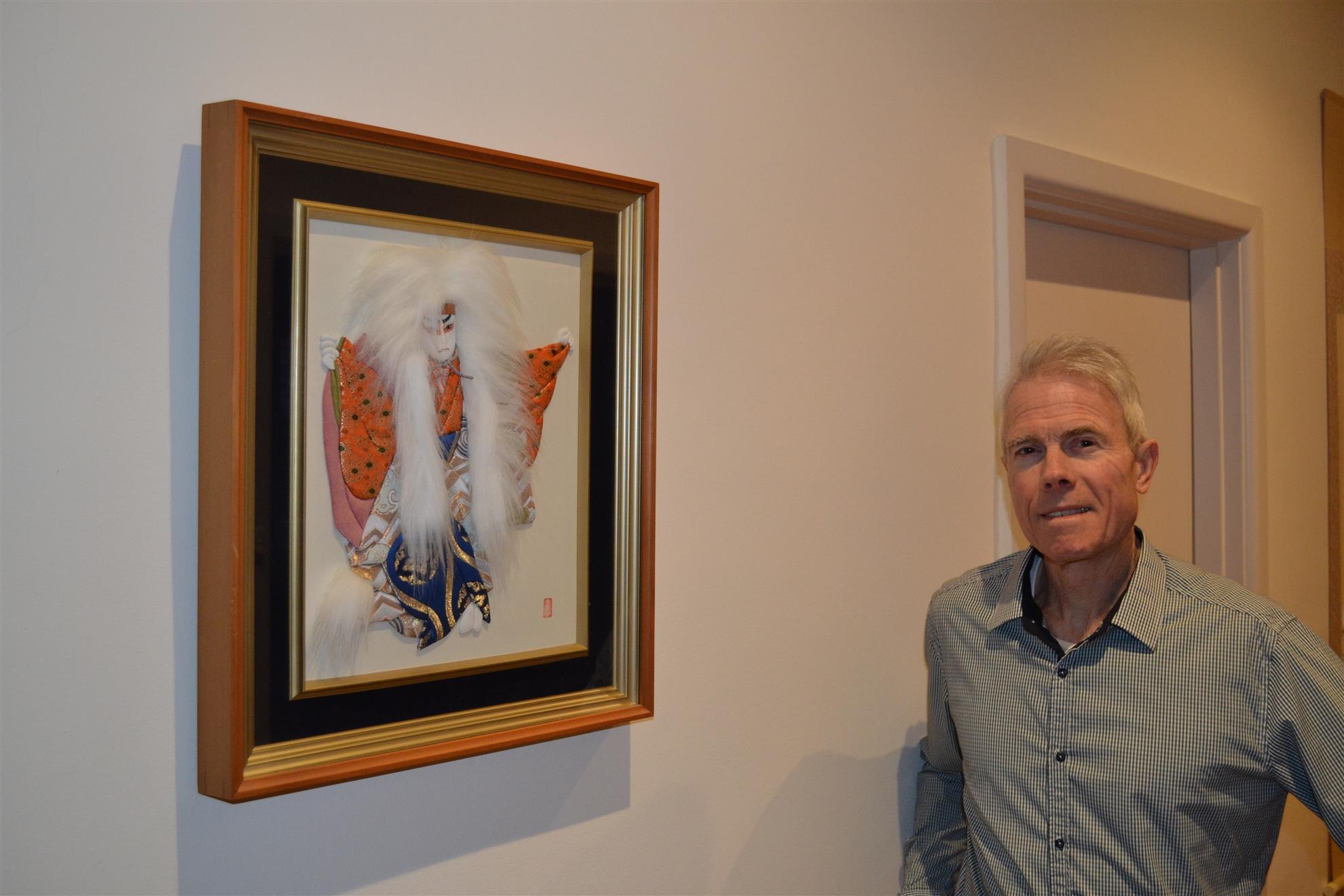Stephen Peterson
About Japan – what you might not hear from your travel agent

What will be covered
Japan is an increasingly popular tourist destination, its festivals, cherry blossoms, temples, gardens, shopping, bullet trains, food and powder snow attracting visitors of all ages. And it is coming into international focus more as the 2020 Tokyo Olympics approach.
Travel brochures and websites abound featuring the usual images of modern-day Japan, a mix of old and new, and to some extent this is an accurate portrayal. But there is far more to the real Japan than travellers see in these glossy pictures, and likely will ever come across during a short stay there.
This presentation will introduce you to numerous other aspects of everyday life in Japan that most visitors never see or learn about.
How many tourists stay in a love hotel; purchase their underwear from a vending machine; or buy a freshly cooked sweet potato from a street vendor; or know the procedure for taking a bath in a hot spring (onsen) or private residence; play pachinko, Japan’s pokies; or understand the meaning of the long fish-shaped flags (koi no bori) flying on flag poles from late April into early May; or (unwisely) travel on the Yamanote line in peak hour?
You will learn a little about these, and other common aspects of daily life, in the country to our north that went from an agrarian economy to world power in the second half of the nineteenth century, then from economic devastation to world power again in the second half of the twentieth century, and is still the world’s third largest economy.
What you learn at this session might just add a further dimension to your next trip to Japan, or help you decide you actually do want to go there.
Your presenter
A qualified lawyer, Stephen Peterson spent the early years of his working life in corporate public relations, finally turning to the law close to retirement age. Call it a mid-life crisis, a desire for change, fascination with an Eastern culture, or a combination of all three, but sandwiched between these periods he lived in Japan for almost a decade. He married there, raised a family, set up two small businesses, made numerous friends, travelled around, and had a thoroughly enjoyable time.
Like many Westerners who experience extended stays in a different culture, during the initial months he continually questioned the way society functioned, why the locals acted as they did, and surely the place would run more efficiently if things were done like they were back home. But he soon learned everything had a reason – cultural, historical, or simply just to enable millions of people on a small land mass to work in with each other smoothly - and also that most aspects of society actually did run pretty well.
As a business operator and family man, Stephen became yet another tiny cog in a vast well-lubricated machine that is modern Japan. Drawing on this experience, he wants others to learn more about the Japan beyond the glossy travel brochures, by providing a glimpse into over forty different aspects of daily life that the Japanese accept unquestioningly, but that visitors might find odd, quirky, sleazy, or unnatural.
